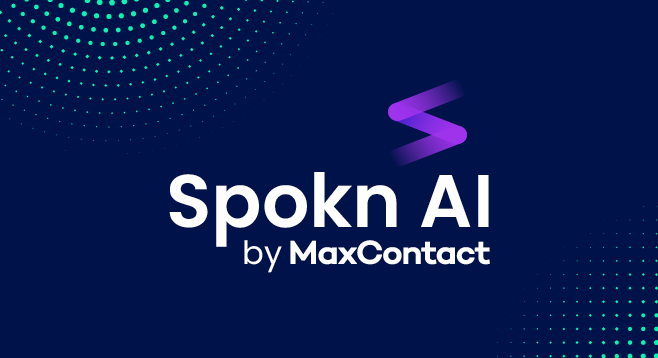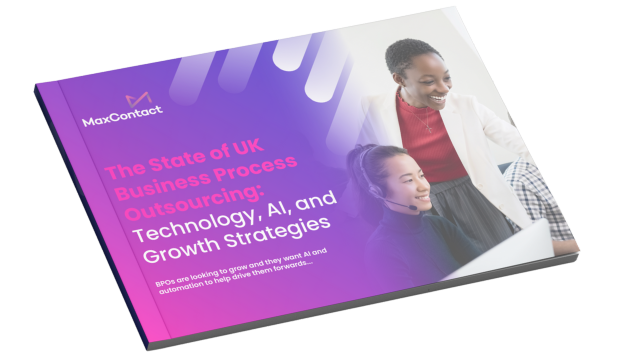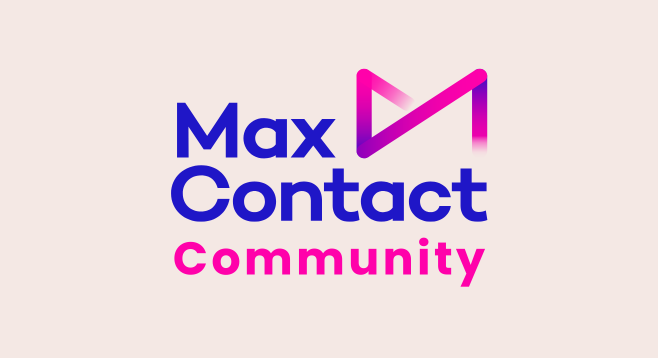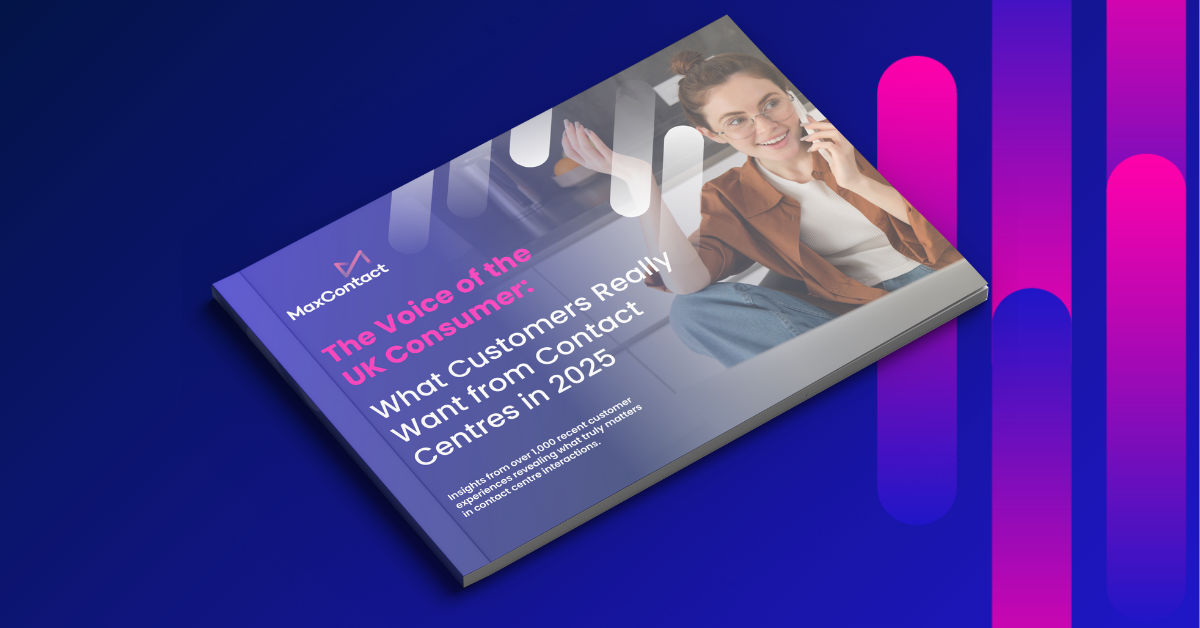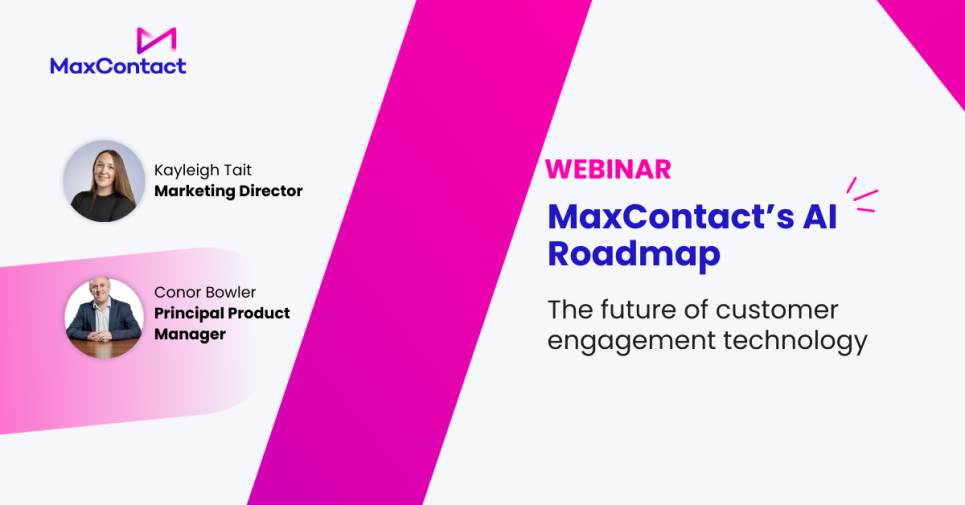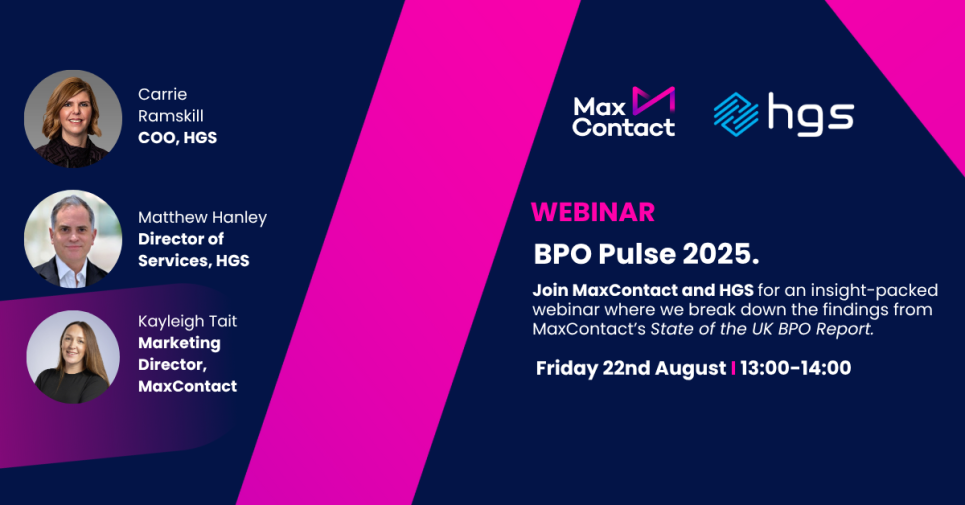Every salesperson has heard them before:
❌ “How did you get my number?”
❌ “No, I’m not interested.”
❌ “I’m already with [competitor].”
Everyone who works in the industry knows that sales objections are inevitable. Particularly if you work in a high-pressure environment like a call centre where agents handle hundreds of calls every day.
It’s easy to view objections as a rejection, but they should be viewed as opportunities. Objection handling is a chance to address concerns, show value, and build stronger customer relationships.
“When I first started in sales, the biggest challenge wasn’t hearing objections, it was knowing how to respond instead of just saying ‘Oh right, OK’ and ending the call.” – Business Development Manager
However, mastering objection handling doesn’t come down to persistence alone; it’s about having the right tools, techniques, and insights to guide conversations, understand prospect needs, and ultimately, improve conversions.
In this article, we’ll explore:
- Proven objection-handling techniques that empower sales teams.
How AI-driven insights from MaxContact’s Success Intelligence and Spokn AI can improve objection-handling strategies.
Why is objection handling critical to sales success?
It builds confidence within your sales team
- The more a salesperson feels equipped and confident to handle objections, the better they are likely to perform.
- When a sales team adopts the mentality that objections don’t mean the end of a conversation, they are more likely to find ways to quickly adapt and refine their sales approach instead of cutting their losses.
It improves conversion rates
- Many objections salespeople come across aren’t rejections at all; they’re actually customers who feel they are missing key information and they need to alleviate the underlying concerns they have about the product or service.
- Listening to and addressing these objections effectively by being prepared with the right information can turn conversations around, making hesitant prospects new customers.
It strengthens team performance
- The most successful sales teams share best practices rather than keep them to themselves. They learn from each other’s handling techniques and replicate the best strategies across the team.
- MaxContact’s Success Intelligence helps sales leaders identify patterns in objections, so they can deliver targeted coaching to their teams or individuals.
It creates better customer experiences
- Even if a sale doesn’t happen immediately (the majority don’t), a well-handled objection and respectful interaction builds trust, increasing the likelihood of a conversion further down the line.
- A professional, well-trained response leaves a positive impression, which means when things change in the future, they are more likely to consider you and get back in touch.
Objection handling techniques for sales call
1. Be prepared with a decent script
Why? A structured script helps your sales team be consistent and shows agents what good looks like. It is also easier to refine your approach and build agent confidence when handling objections.
Top Tip: You should regularly review and update your call scripts to mirror common objections. Refinements should be based on real-world responses and positive past outcomes.
Want ready-to-use objection-handling scripts? Download our Scripting Templates for Dealing with Difficult Customers to train your team with proven responses.
2. Anticipate and address objections before the call
Why? Proactively addressing potential concerns reduces resistance later in the conversation.
How? Do your research before the call and think about what their objections are likely to be. Proactively prepare solutions to common objections (price, timing, competitors) and address them in your pitch before the prospect raises them.
3. Focus on building value
Why? If you can confidently demonstrate how your product or service meets your prospect’s unique needs, it paves the way for a conversation with fewer objections to overcome.
How? Tailor your sales pitch so it addresses their specific pain points and priorities to make the benefits more relevant and persuasive.
4. Uncover the real concerns behind the objection
Why? Surface-level objections can often mask deeper customer concerns.
How? Use probing questions to encourage the customer to open up and really listen to what they have to say:
“What are your biggest challenges with your current system?”
“What keeps you up at night about this issue?”
“What does a good day vs. a bad day look like?”
Sales Specialist Insight: “Ask and then be quiet and listen. If you can keep the conversation going, you’ll build rapport, understand their needs, and have a better chance of addressing their true concerns.
5. Know when to cut your losses
Why? It’s a skill in itself to realise that not every prospect is worth pursuing. At the end of the day, your time is a valuable resource.
How? Learn to recognise the signs that an objection is a hard “no” rather than a request for reassurance. Feel comfortable to politely bring the conversation to a close when it’s necessary.
Example: What does a ‘hard no’ sound like?
Agent: “I think our solution can really help you with [pain point]. Are you free for a quick call next week?”
Prospect: “Well, we’ve actually just signed a five-year contract with another provider, so we’re locked in with them.”
Agent: “Oh ok, sounds like you’re set for now, but I’d like to stay in touch in case your needs change in the future. Would you be happy for me to check back in with you in a few months to see how everything is going?”
Instead of pushing further, the agent sees that this isn’t a timing objection, it’s a contractual commitment. Instead they:
- Respect the prospect’s situation and don’t waste time.
- Keep the door open for future conversations.
- Avoid the hard-sell approach which could damage the relationship.
6. Understand it’s a numbers game
Why? Not every call ends with a sale, but persistence and efficiency are part of what drives success.
How? It’s important that sales agents don’t get hung up on rejections. Call volume and quality interactions are key, so the best thing to do is move on to the next prospect.
Top Tip: Use automated dialler software to improve connection rates and reduce wasted time. Skills-based call routing can also help to match the right agents to potential opportunities to match their knowledge and experience.
Objection handling cheat sheet
| Common objection | Objection-handling strategy |
| “It’s just too expensive for us.” | Uncover true concern → “Is it just price, or is there another factor holding you back?” |
| “I’m already working with a competitor.” | Value-based approach → “That makes sense! What do you like about them, and where do you see room for improvement?” |
| “I don’t have time to talk right now.” | Interest-based hook → “I completely understand. If I could show you a way to [solve X pain point], would it be worth a quick follow-up?” |
How AI-driven insights take objection handling to the next level
Even with the best training and techniques, sales teams consistently struggle to handle objections over the phone. Without a way to track and analyse objections on a bigger scale, it’s difficult to know where agents can improve or identify which strategies are working.
And that’s where our speech analytics platform adds value.
MaxContact’s Spokn AI & Success Intelligence: Turning Insights into Sales Success
Traditionally, sales coaching relies on manual call reviews, which are time-consuming and only capture a small percentage of conversations.
But with Spokn AI and Success Intelligence, sales teams can now use post-call insights and AI-powered analytics to enhance objection handling across teams.
Here’s how it is used in call centres.
Spokn AI: Speech analytics that goes beyond transcription
- Transcribe and analyse 100% of calls with Spokn AI. Instead of analysing small call samples taken at random, you can search and analyse a higher volume of calls, so fewer objections go unnoticed.
- Identify trends in objections and understand the most common customer concerns within your sales process.
- Track sentiment and review call summaries to explore where or when conversations take a negative turn.
- Use AI-powered analytics to enhance coaching with data-backed insights that help agents improve faster.
Success Intelligence: AI that measures & improves objection handling
- Categorise and analyse objections and help agents refine their approach.
- Identify what top performers do differently to overcome objections and use it as a blueprint for coaching agents who struggle.
- Provide actionable insights based on performance trends and data, not just opinions based on limited call samples.
“Success Intelligence highlights your best-performing agents and allows you to compare them with lesser-performing agents to see where improvements can be made. Instead of just reviewing a handful of calls, we now have insights into every objection raised and whether or not it was handled effectively.”
Ready to handle objections in sales the smarter way?
Handling objections is more than just a desirable sales skill; it’s a competitive advantage.
The best sales teams:
✔ Use structured scripts and refined techniques.
✔ Stay adaptive and customer-focused.
✔ Use AI-driven insights to continuously improve strategies.
Want to see these techniques in action? Book a free demo of MaxContact’s Spokn AI and Success Intelligence to see how AI-powered insights can improve your sales team’s objection handling.
